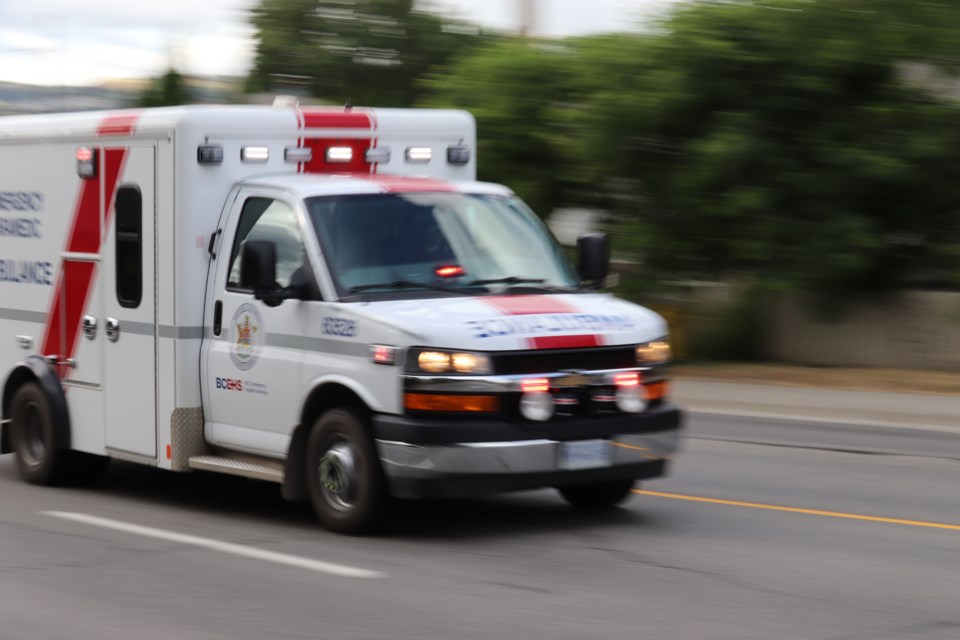Seven more people have died in Prince George because of suspected illicit drug overdose deaths.
The BC Coroners Service has published an updated 2020 report on illicit drug toxicity deaths to the end of August, with 147 illicit drug toxicity deaths reported across the province, including the seven lives lost in the northern capital.
In July, Prince George’s year-to-date total for illicit drug toxicity deaths was 22, that number is now 29.
The number of deaths has now surpassed the total of 25 deaths recorded in 2019. However, in 2018, Prince George saw a record of 50 deaths.
Regionally, the Northern Health Authority has seen illicit drug toxicity death rates increase in recent months and remain relatively high.
Northern Health has 40 deaths per 100,000 individuals and Vancouver Coastal Health has 36 per 100,000.
Overall, the rate in B.C. is 31 deaths per 100,000 individuals in 2020.
Illicit fentanyl, cocaine and methamphetamines continue to be the top drugs involved in these drug deaths.
The provincial illicit drug toxicity death total represents a 71 per cent increase over the number of deaths in August 2019 when there were 86 deaths, but a 16 per cent decrease from the number of deaths in July 2020 which was 176.
The BC Coroners Service has detected a sustained increase of illicit drug toxicity deaths since March, and B.C. has now recorded six consecutive months with over 100 illicit drug toxicity deaths.
There have been 1,068 illicit drug deaths to date in 2020 in B.C., based on preliminary data. The total number of illicit drug deaths in the first eight months of 2020 have surpassed the total for all of 2019.
The number of non-fatal overdose incidents has also increased significantly.
BC Emergency Health Services reports close to 7,500 overdose calls throughout B.C. this summer, making it the highest number of overdose calls ever recorded in a three-month stretch.





